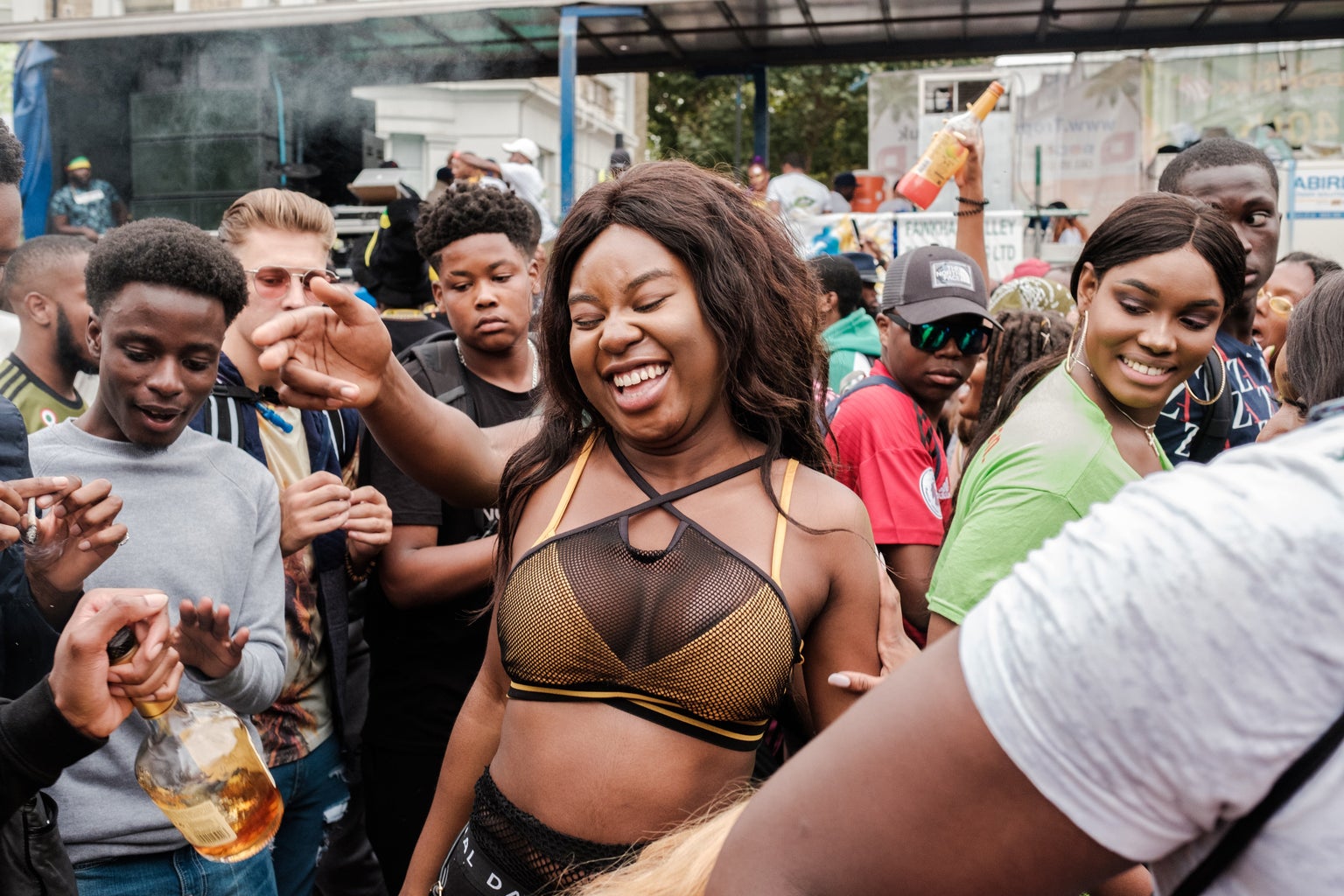So, I was watching this video on YouTube of two guys ranking their Top 10 J Cole songs. J Cole is one of my favorite artists of all time, and so I had already listened to most of the songs they put in their rankings. However, I must admit that I did not know all of them. For their number one pick, they chose a song called “4 Your Eyez Only,” an absolutely beautiful song in which Cole raps about how he is going to watch over his murdered friend James Mcmillan’s children. While the song is not going to appeal to everyone in the way that the two songs this article revolves around do, I have absolutely no issue with this being the podcasters’ #1 choice. My problem lies with the rest of the list, and not only theirs.
Even without the aforementioned YouTube video, I would have chosen J Cole as the focal point of my message- commercially appealing songs are often among an artist’s best work and liking these songs does not make you a fake fan of the artist. I have seen this sentiment particularly in the hip-hop/ rap world, where if your favorite song by an artist is one that appeals more to the masses, you either don’t know much about the artist’s catalogue or you have bad taste in music. As I said, I absolutely love J Cole’s music and he’s a top 5 artist of mine. I have listened to his studio albums and some of his Dreamville work in full, and yet my favorite J Cole songs are “Power Trip” and “No Role Models”. The Miguel feature, “Got me singing these love songs” in the background, and overall rhythm of “Power Trip” is haunting. I am someone who believes lyrics are more important than beat, but in “Power Trip,” it is not the lyrics of the song that trap me.
As YouTuber Nathan Zedd once explained in a video of his, one of the powerful aspects of music is nostalgia and the power of a song to take you back to a great time. Due to the widespread love of “No Role Models,” I have so many fun memories of it coming on somewhere and a friend who isn’t even a hip-hop fan in the way I am singing along. While “No Role Models” may not do the same for Black Culture as a song like “4 Your Eyes Only” might, it resonates with Black Culture in a different way in my opinion. I see “No Role Models” as the rap ode to Fresh Prince of Bel Air, which is a legendary show in Black Entertainment. The song starts off with “First things first rest in peace Uncle Phil,” makes references to the Smith family and mentions many Black female actresses. Plus, you can’t tell me “Don’t save her, she don’t wanna be saved” doesn’t make for a catchy chorus. Furthermore, for anyone who says the song doesn’t have a deeper meaning, SongMeanings+Facts expresses, “This song is about J’s lack of role models growing up. However, he applies this in a broader sense than just himself being devoid of a father figure. Indeed, he attacks Hollywood itself for its focus on superficial people, especially when it comes to women” (SMF).
Now, this is not to say that I do not fully understand the other side of this debate, namely for reasons of appropriation/race. Besides the pace the rapper rhymes at, commercially successful rap songs do miss a lot of the elements that are praised in the African American rap scene. For example, any song from Kendrick Lamar’s To Pimp a Butterfly compared to Drake’s Hotline Bling could make someone see why hardcore rap fans are sometimes against songs that do not speak a strong message. Some may even say that commercially successful rap songs encourage use of the N word, as non-Black people hear everyone else jamming out to the music, say the word one time without anyone hearing, and then continue to say it by habit or purposely. Even though Drake is my second favorite artist, for instance, I must say that he makes music that has such a widespread appeal that he misses out on rapping on issues he should with someone who is in his position and is of Black heritage.
The debate about the quality of commercially successful music prowls all genres- I only speak of rap because I know how much of a presence this argument has in this genre and because it is the one I can speak to the most. At the end of the day, everyone listens to what they want to listen to- some prefer the underground, some prefer the crowd pleasers, and so on. All I’m saying is I like both, and a lot in between.
References
SMF. “‘No Role Modelz’ by J. Cole.” Song Meanings and Facts, 18 Feb. 2019, www.songmeaningsandfacts.com/no-role-modelz-by-j-cole/.



